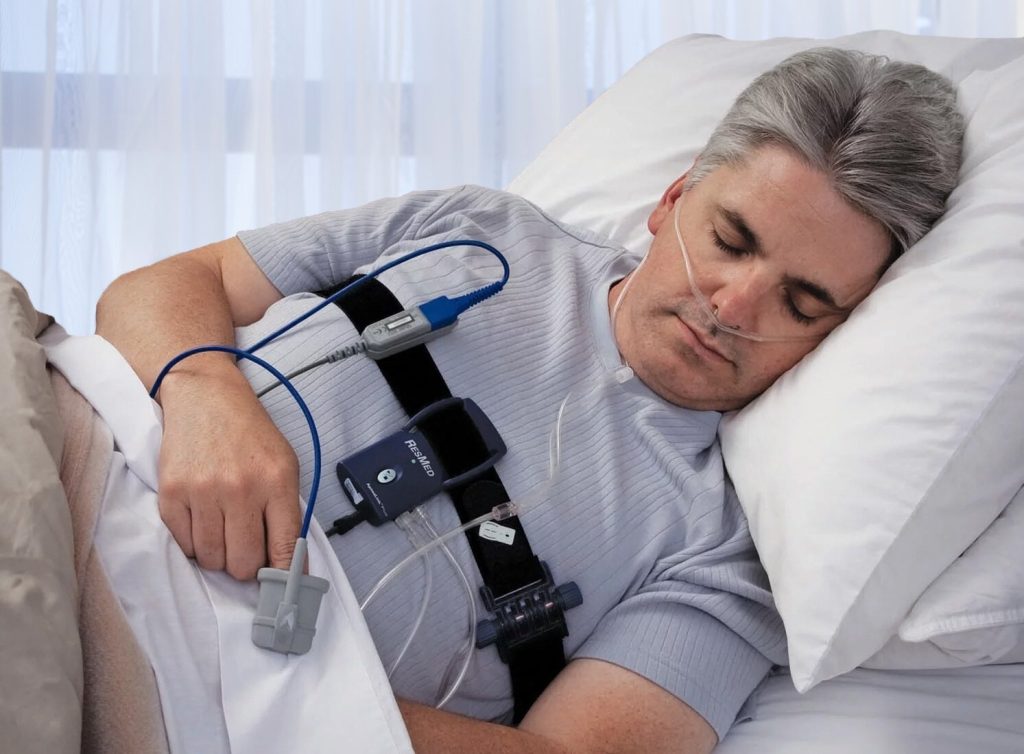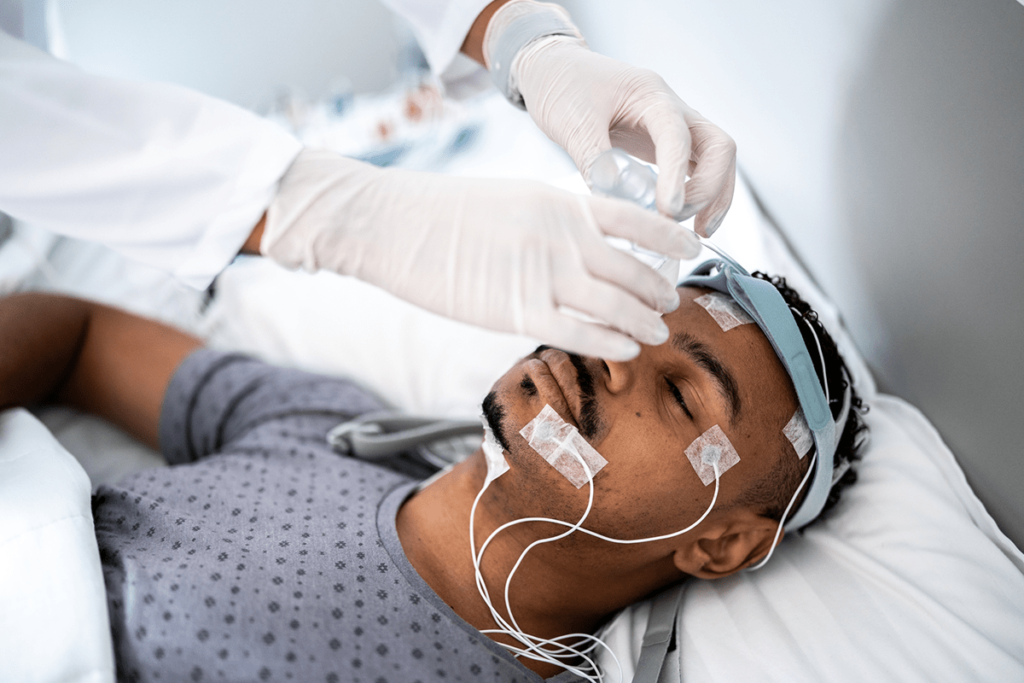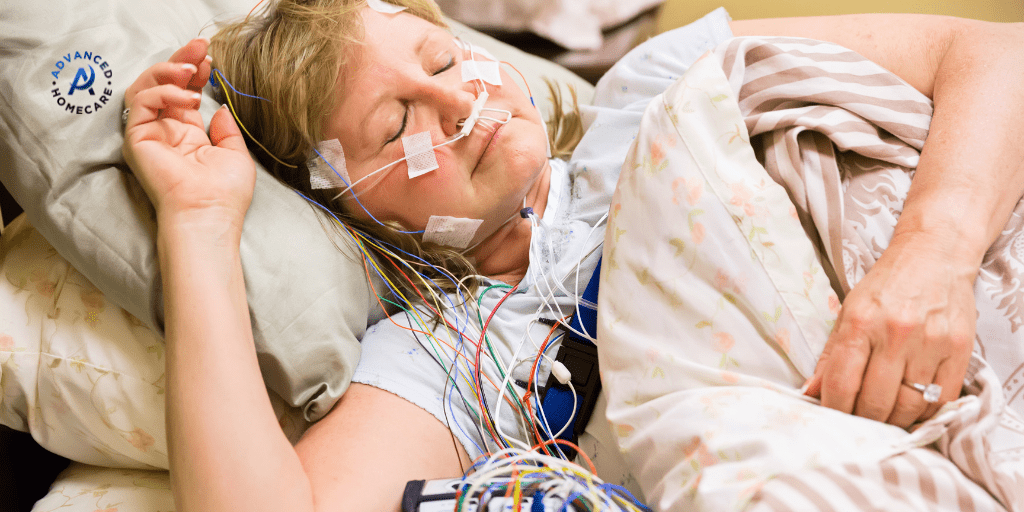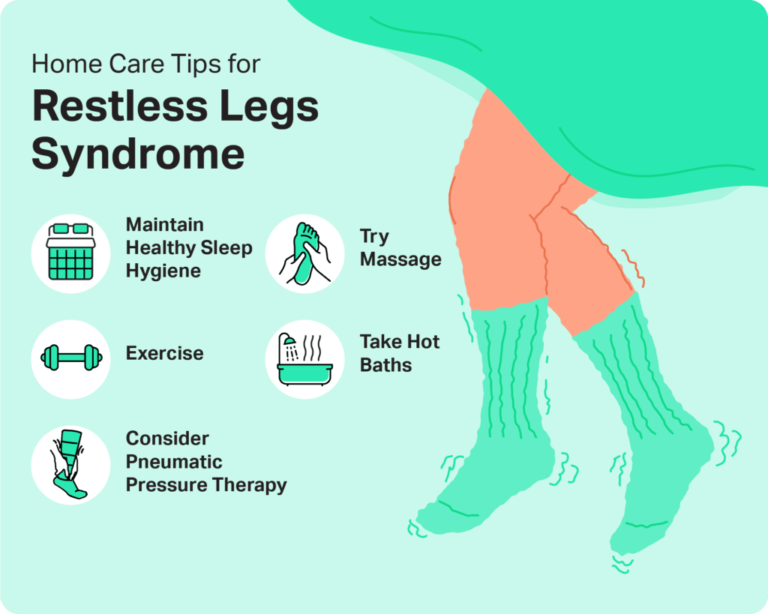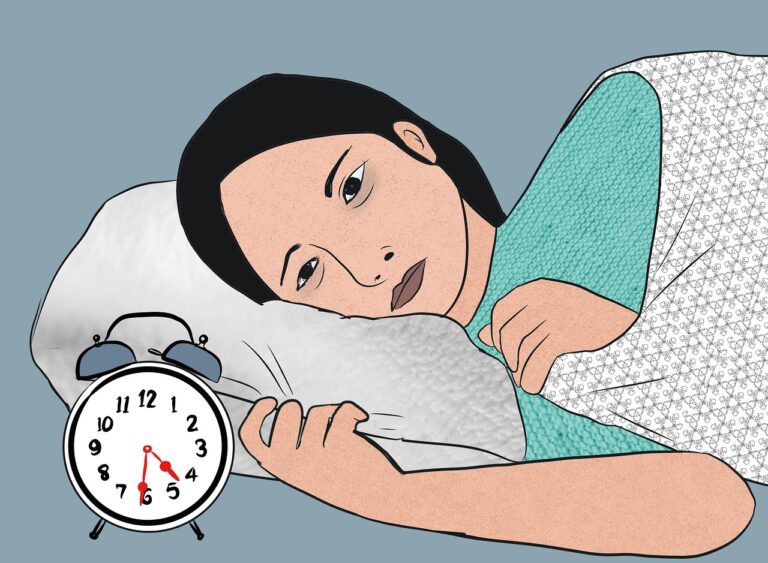Why Should You Consider Completing a Sleep Study?
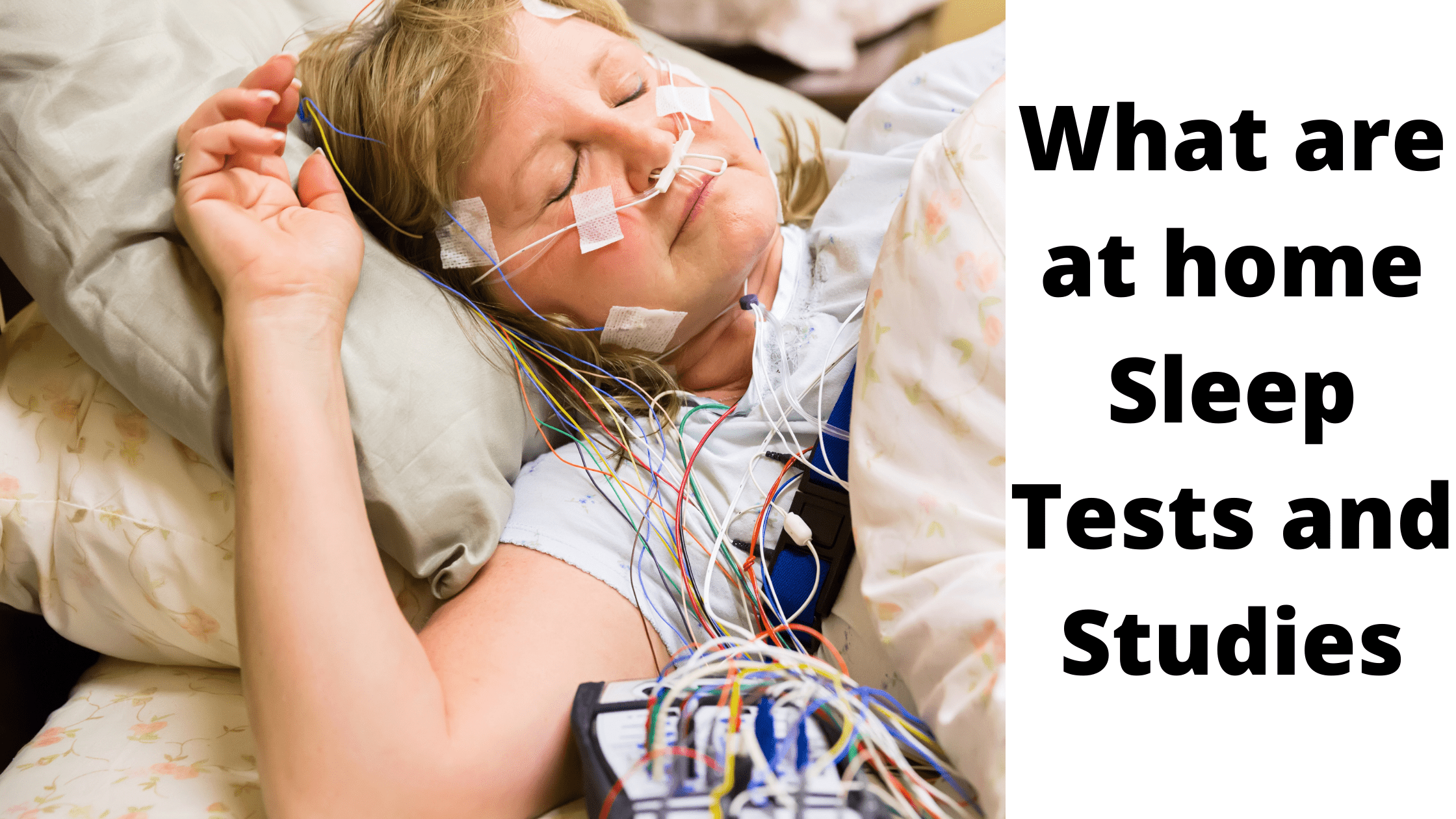
Are you struggling with sleep? Do you find yourself tossing and turning all night, unable to get the restful sleep your body needs? If so, you may want to consider completing a sleep study. At Vector Sleep Clinic, we understand the impact sleep disorders can have on your health and daily life. From insomnia to sleep apnea, these disorders can lead to serious health issues such as heart attacks, strokes, high blood pressure, and more. That’s why we offer comprehensive care to help you achieve restful nights and rejuvenating mornings. Don’t let sleep disorders hold you back any longer – let us help you unlock the magic of uninterrupted sleep.
This image is property of somnomed.com.
Sleep Disorders: Understanding the Problem
Sleep disorders have become increasingly common in today’s fast-paced world, impacting the health and productivity of many individuals. These disorders, such as insomnia, sleep apnea, and others, can lead to serious health issues including obstructive sleep apnea, Restless Leg Syndrome, and hypopnea. Recognizing the significance of these problems, Vector Sleep Clinic is dedicated to offering effective solutions.
Overview of sleep disorders
Sleep disorders refer to a range of conditions that disrupt the normal sleep patterns of individuals. These disorders can manifest in different ways, including difficulty falling asleep, difficulty staying asleep, or excessive daytime sleepiness. Some of the most common sleep disorders include insomnia, sleep apnea, restless leg syndrome, and narcolepsy.
Common types of sleep disorders
Insomnia is the most prevalent sleep disorder, characterized by difficulty falling asleep or staying asleep. Sleep apnea, on the other hand, involves pauses in breathing during sleep which can be potentially dangerous. Restless leg syndrome is another common disorder that causes discomfort and an urge to move the legs, often leading to difficulty sleeping. Narcolepsy is a neurological disorder that causes excessive daytime sleepiness and sudden sleep attacks.
Impact of sleep disorders on health and productivity
Sleep disorders can have a significant impact on both physical and mental well-being. Sleep deprivation can weaken the immune system, increasing the risk of infections. It can also lead to cardiovascular problems such as increased risk of heart attacks and strokes. Sleep disorders can impair cognitive function, memory, and concentration, affecting productivity at work or school. Furthermore, they may contribute to mental health issues such as depression and anxiety.
Why Should You Consider Completing a Sleep Study?
If you are experiencing symptoms of a sleep disorder, it is crucial to consider completing a sleep study. Ignoring these symptoms can have serious consequences for your health and overall quality of life. Early detection and intervention are key to preventing long-term complications and improving your well-being.
Potential consequences of untreated sleep disorders
Untreated sleep disorders can lead to a range of negative health outcomes. Individuals with sleep disorders are at a higher risk of heart attacks, as the disturbances in sleep patterns can strain the cardiovascular system. Similarly, the chances of stroke occurrence increase due to the disruption in blood flow during sleep. Elevated blood pressure levels are another common consequence of untreated sleep disorders, further burdening the cardiovascular system. Additionally, untreated sleep disorders are associated with a greater likelihood of car accidents, impairing both personal and professional life.
Importance of early detection and intervention
Early detection of sleep disorders is crucial for preventing long-term health complications. Timely identification allows for prompt intervention, ensuring that appropriate treatment can be provided to address the specific disorder. Immediate treatment can improve sleep quality, reduce associated health risks, and enhance overall well-being.
Benefits of undergoing a sleep study
Completing a sleep study offers several benefits for individuals with sleep disorders. Firstly, it allows for an accurate diagnosis of the specific sleep disorder, which is essential for developing a targeted treatment plan. Additionally, a sleep study can uncover any underlying medical conditions that may be contributing to the sleep disorder. This comprehensive understanding of the individual’s health allows for customized treatment plans that address their unique needs. Regular follow-up care and monitoring of progress ensure that treatment can be adjusted as needed, leading to improved sleep quality and duration. By addressing sleep disorders, the risk of associated health complications, such as cardiovascular problems and obesity, can be significantly reduced.
Potential Consequences of Untreated Sleep Disorders
Untreated sleep disorders can have profound implications for both physical and mental health. It is important to recognize the potential consequences of these disorders in order to prioritize seeking treatment and addressing the underlying issues.
Increased risk of heart attacks
Sleep disorders, such as sleep apnea, can strain the cardiovascular system, significantly increasing the risk of heart attacks. The interruptions in breathing during sleep can lead to low oxygen levels, which can put a strain on the heart and increase the likelihood of cardiac events.
Higher chances of stroke occurrence
Sleep disorders can disrupt the blood flow to the brain, increasing the chances of stroke occurrence. The interruptions in breathing or restless leg movements can cause temporary decreases in blood flow, potentially leading to the formation of blood clots or other vascular complications.
Elevated blood pressure levels
Sleep disorders have been linked to elevated blood pressure levels. The interruptions in sleep and the associated stress on the body can lead to increased blood pressure, further straining the cardiovascular system.
Greater likelihood of car accidents
Excessive daytime sleepiness, a common symptom of sleep disorders, can impair driving ability and increase the risk of car accidents. The drowsiness and reduced attention that result from inadequate sleep can severely impact a person’s reaction time and decision-making skills while behind the wheel.
Negative effects on personal and professional life
Untreated sleep disorders can have negative effects on both personal and professional life. The constant fatigue and lack of energy can hinder productivity, affect job performance, and strain relationships with family and friends. Additionally, the irritability and mood disturbances associated with sleep disorders can significantly impact overall well-being and quality of life.
Sexual dysfunction
Sleep disorders have been linked to sexual dysfunction, including decreased libido and erectile dysfunction in men. The fatigue and physical strain caused by sleep disorders can lead to a decreased interest in sex and difficulties in achieving or maintaining an erection.
Higher risk of obesity and weight gain
There is a strong association between sleep disorders and an increased risk of obesity and weight gain. Sleep deprivation can disrupt the hormones that regulate appetite, leading to an increased desire for high-calorie foods and overeating. Furthermore, the fatigue caused by sleep disorders can reduce motivation for exercise, further contributing to weight gain.
Importance of Early Detection and Intervention
Recognizing the signs of sleep disorders and seeking early detection and intervention is crucial for maintaining optimal health and well-being. Timely intervention can prevent long-term complications and significantly improve quality of life.
Preventing long-term health complications
Early detection and intervention of sleep disorders can prevent the development of serious health complications such as cardiovascular diseases, diabetes, and mental health disorders. By addressing the underlying sleep disorder, individuals can reduce the risks of these associated conditions.
Improving quality of life
Adequate sleep is essential for overall well-being, and untreated sleep disorders can have a profound negative impact on quality of life. By seeking early intervention and treatment, individuals can improve sleep quality, reduce daytime sleepiness, and enhance overall mood and functioning.
Enhancing overall productivity and performance
Sleep disorders can impair cognitive function, memory, and concentration, negatively affecting productivity and performance at work or school. Early detection and intervention can improve sleep quality, leading to better cognitive abilities, improved memory retention, and enhanced productivity and performance.
Better management of existing health conditions
For individuals with existing health conditions, such as cardiovascular diseases or diabetes, untreated sleep disorders can worsen their overall health outcomes. Early detection and intervention allow for better management of these conditions by improving sleep quality and reducing associated health risks.
This image is property of sleep.brightspotcdn.com.
Benefits of Undergoing a Sleep Study
Completing a sleep study can provide crucial insights into an individual’s sleep patterns and help determine the most appropriate treatment plan. There are several benefits to undergoing a sleep study.
Accurate diagnosis of sleep disorder
A sleep study allows for a comprehensive evaluation of an individual’s sleep patterns and can accurately diagnose the specific sleep disorder that they may be experiencing. This accurate diagnosis is essential for developing an effective treatment plan tailored to the individual’s unique needs.
Uncovering any underlying medical conditions
In addition to diagnosing sleep disorders, a sleep study can also uncover any underlying medical conditions that may be contributing to the sleep disorder. Identifying and addressing these underlying conditions is crucial for ensuring effective treatment and overall well-being.
Customized treatment plans
The information gathered from a sleep study provides healthcare professionals with valuable data to develop customized treatment plans. These treatment plans consider the specific sleep disorder, any underlying medical conditions, and the individual’s unique circumstances to ensure the most effective course of action.
Monitoring progress and adjusting treatment as needed
Completing a sleep study allows for ongoing monitoring of an individual’s progress throughout the treatment process. By regularly assessing the effectiveness of the treatment plan, healthcare professionals can make any necessary adjustments to ensure optimal outcomes and improved sleep quality.
Improving sleep quality and duration
The primary goal of undergoing a sleep study and subsequent treatment is to improve sleep quality and duration. By addressing the underlying sleep disorder and implementing appropriate interventions, individuals can experience more restful sleep and wake up feeling refreshed and rejuvenated.
Reducing the risk of associated health complications
Treating sleep disorders effectively can significantly reduce the risk of associated health complications. By improving sleep quality and addressing any underlying medical conditions, individuals can lower their risk of cardiovascular problems, obesity, and other health issues commonly associated with untreated sleep disorders.
Our Solution: Comprehensive Care for Restful Sleep
Vector Sleep Clinic is dedicated to providing comprehensive care for individuals with sleep disorders. We offer a range of services and treatments to address various sleep disorders and improve overall sleep quality.
Overview of Vector Sleep Clinic services
At Vector Sleep Clinic, we offer a wide range of services aimed at diagnosing and treating sleep disorders. Our experienced sleep specialists utilize the latest diagnostic tools and technologies to accurately identify sleep disorders and develop targeted treatment plans.
Expert team of professionals
We have a team of highly qualified sleep specialists who specialize in diagnosing and treating sleep disorders. With their expertise and experience, our team is dedicated to providing the highest quality care and support to individuals seeking help for their sleep problems.
Advanced diagnostic tools and technologies
We utilize advanced diagnostic tools and technologies to ensure accurate and precise diagnosis of sleep disorders. These tools include polysomnography, which records brain activity, eye movements, heart rate, and other vital signs during sleep, allowing for a comprehensive evaluation of sleep patterns.
Individualized treatment plans
At Vector Sleep Clinic, we understand that each individual is unique and may require a personalized treatment plan. Our sleep specialists take into account the specific sleep disorder, any underlying medical conditions, and the individual’s lifestyle to develop tailored treatment plans that yield the best results.
Ongoing support and follow-up care
We are committed to providing ongoing support and follow-up care to all our patients. We understand that managing sleep disorders is a continuous process, and our team is available to address any concerns, monitor progress, and adjust treatment plans as needed.
Focus on promoting restful sleep and overall well-being
Our primary focus at Vector Sleep Clinic is to promote restful sleep and overall well-being. We recognize the importance of quality sleep in maintaining optimal health and strive to provide comprehensive care that addresses the individual’s unique needs and improves their overall quality of life.
This image is property of i0.wp.com.
New York Sleep Disorder Center
Introduction to New York Sleep Disorder Center
The New York Sleep Disorder Center is a leading facility dedicated to diagnosing and treating sleep disorders. Located in the heart of New York, our center provides convenient access to state-of-the-art facilities and highly qualified sleep specialists.
State-of-the-art facilities
The New York Sleep Disorder Center boasts state-of-the-art facilities equipped with the latest diagnostic tools and technologies. Our center is designed to provide a comfortable and calming environment, ensuring that patients can undergo sleep studies and receive treatment in a serene setting.
Highly qualified sleep specialists
Our center is staffed with highly qualified sleep specialists who bring a wealth of experience and expertise to the field of sleep medicine. They are dedicated to providing exceptional care and support to patients, ensuring accurate diagnosis and effective treatment for sleep disorders.
Wide range of services and treatments
The New York Sleep Disorder Center offers a wide range of services and treatments to address various sleep disorders. From diagnostic sleep studies to specialized treatments such as continuous positive airway pressure (CPAP) therapy, we have the resources and expertise to support individuals on their journey towards better sleep.
Convenient location and flexible scheduling
Located in the bustling city of New York, our center offers a convenient location for individuals seeking diagnosis and treatment for sleep disorders. We understand the demands of modern life and strive to accommodate our patients by offering flexible scheduling options to ensure access to care at a time that works best for them.
In conclusion, understanding the problem of sleep disorders is crucial for addressing the associated health and productivity issues. Seeking early detection and intervention through a sleep study can prevent long-term complications and enhance overall well-being. At Vector Sleep Clinic and the New York Sleep Disorder Center, comprehensive care and customized treatment plans are provided to promote restful sleep and improve quality of life. Take control of your sleep health today and discover the power of uninterrupted sleep.

